N-acetylcysteine (NAC) is a way of supplementing cysteine, a conditionally essential amino acid, that is, “conditional” because it is produced in the body from other amino acids, and becomes “essential” only when dietary intake of methionine and serine (other amino acids) is low (1).
2. What are the health benefits of NAC?
NAC has been used in medicine since the early 1960s and over the years its popularity has increased (2). Since 2013, around 1000 studies have been published every year in the scientific literature on NAC's potential to help multiple diseases (3). Studies suggest that NAC may be beneficial for:
- Detoxification - NAC is known to be one of the precursors to the production of one of the body's main cellular antioxidants – glutathione. The antioxidant activity of glutathione is essential in the processes of daily elimination of toxins from our body, resulting from the inhalation of environmental pollution, ingestion of heavy metals and chemicals in food, consumption of tobacco and alcohol, and the body's internal daily metabolism (radicals). free) (4).
- Psychiatric/mental illnesses – that is, bipolar illness, schizophrenia, obsessive compulsive illness and depression. NAC helps regulate glutamate levels, the most important neurotransmitter in the brain, essential for maintaining normal brain activity – learning, memory and behavior (5,6).
- Respiratory diseases – NAC, with its antioxidant and expectorant activities, helps to fluidize and eliminate secretions present in the respiratory tract, and also reduces inflammation in the bronchi and lung tissue (7,8).
- Fertility – 15% of couples trying to get pregnant have problems conceiving. In almost 50% of these cases, male infertility is the main contributing factor. In women, polycystic ovarian syndrome (PCOS) is a known cause of infertility in women because it can affect ovulation. NAC may help resolve infertility by reducing the oxidative stress that damages reproductive cells in men, and potentially be used in combination with other treatments to help induce ovulation in women with PCOS (9,10,11).
- Immune System – NAC can help improve the immune system’s response to bacterial and viral infections, including Covid-19 (12, 13, 14).
- Obesity and Diabetes – NAC can help stabilize blood glucose levels by reducing inflammation in adipose (fat) cells, improving their sensitivity to insulin (15, 16).
3. What are NAC’s food sources?
Cysteine can be found in protein-rich foods such as chicken, turkey, cheese, eggs, sunflower seeds and legumes.
4. Who should take the NAC supplement?
This supplement is recommended for individuals who want to:
- Optimize the body’s daily detoxification capacity
- Help to fluidize and eliminate secretions from the respiratory tract (acute and chronic bronchitis)
- Help with mental performance (memory and learning)
- Help control blood sugar levels
- Improve the performance of the immune system to combat viral and bacterial infections.
5. What is the recommended dose of the NAC supplement?
NAC has low oral bioavailability (<10%), that is, the proportion of the supplement that enters the circulation (blood) after absorption is low. The recommended daily dose is 600mg – 1800mg (the latter, divided into 3 doses).
6. What are the adverse effects of taking NAC?
NAC has very low toxicity and has been on the market for over 60 years. In general, at recommended doses, NAC is considered very safe for the vast majority of people, with few or no adverse effects.
The most common side effects reported, especially with the consumption of higher doses, are: nausea, vomiting, stomach pain, diarrhea or constipation.
Individuals taking anticoagulants, antiplatelets or medications to control blood pressure should be careful when taking this supplement, as it may predispose the individual to more bleeding and a reduction in blood pressure.
7. Can pregnant and breastfeeding women take this supplement?
There are no studies on the safety of consuming NAC supplements for pregnant or breastfeeding women.
REFERENCES
1. Puigserver, Pere. “Signaling transduction and metabolomics”. Hematology . Elsevier, 2018. 68-78.
2. Tenorio MCDS, Graceliano NG et all. N-acetylcysteine (NAC): Impacts on Human Health. Antioxidants (Basel). 2021; Jun 16;10 (6):967.
3. Pedre, B., Barayeu, U. et all. The mechanism of action of N-acetylcysteine (NAC): The emerging role of H2S and sulfane sulfur species. Pharmacology & therapeutics . 2021; 228:107916.
4. Mokhtari, V., Afsharian, P. et all. A review on various uses of N-acetylcysteine. CellJournal. 2017; Apr; 19(1):11.
5. Minarini, A., Ferrari, S. et all. N-acetylcysteine in the treatment of psychiatric disorders: current status and future prospects. Expert Opinion on Drug Metabolism & Toxicology. 2017; Mar 4; 13(3):279-92.
6. Ooi, SL, Green R. et all. N-acetylcysteine for the treatment of psychiatric disorders: a review of current evidence. BioMed Research International. 2018; Oct 22.
7. Pirabbasi, E., Shahar, S. et all. Efficacy of ascorbic acid (vitamin C) and N-acetylcysteine (NAC) supplementation on nutritional and antioxidant status of male chronic obstructive pulmonary disease (COPD) patients. Journal of nutrition science and vitaminology. 2016; 62(1): 54-61.
8. Calverley, P., Rogliani , P. et all. Safety of N-acetylcysteine at high doses in chronic respiratory diseases: a review. Drug safety. 2021; Sea; 44:273-90.
9. Jannatifar, R., Parivar K. et all. Effects of N-acetyl-L-cysteine supplementation on sperm quality, chromatin integrity and level of oxidative stress in infertile men. Reproductive Biology and Endocrinology. 2019; Feb 16;17(1):24.
10. Li, X., Wang, Z. et all. Role of N-acetylcysteine treatment in women with advanced age undergoing IVF/ICSI cycles: A prospective study. Frontier in Medicine. 2022; Oct 4;9:917146.
11. Devi, N., Boya, C. et al. N-acetyl-cysteine as adjuvant therapy in female infertility. A systematic review and meta-analysis. Journal of Basic and Clinical Physiology and Pharmacology. 2020; Nov 19; 32(5): 899-910.
12. Diotallevi, M., Checconi, P. et all. Glutathione fine-tunes the innate immune response toward antiviral pathways in a macrophage cell line independently of its antioxidant properties. Frontiers in Immunology . 2017:1239.
13. Shi, Z., Puyo, CA et all. N-acetylcysteine to combat Covid-19: an evidence review. Therapeutics and Clinical Risk Management. 2020; Nov 2:1047-55.
14. Zang, Q., Ju, Y. et all. N-acetylcysteine improves oxidative stress and inflammatory response in patients with community acquired pneumonia: a randomized controlled trial. Medicine . 2018; Nov; 97(45).
15. Pereira, S., Shah, A et all. Effect N-acetyl-l-cysteine on insulin resistance caused by prolonged free fatty acid elevation. Journal Endocrinology. 2015; Apr 1;225(1):1-7.
16. Lasram, MM, Dhouib, IB et all. A review on the possible molecular mechanism of action of N-acetylcysteine against insulin resistance and type 2 diabetes development. Clinical biochemistry . 2015; Nov 1;48(16-17):1200-8.
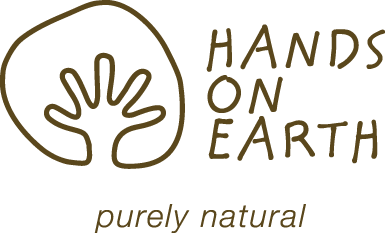
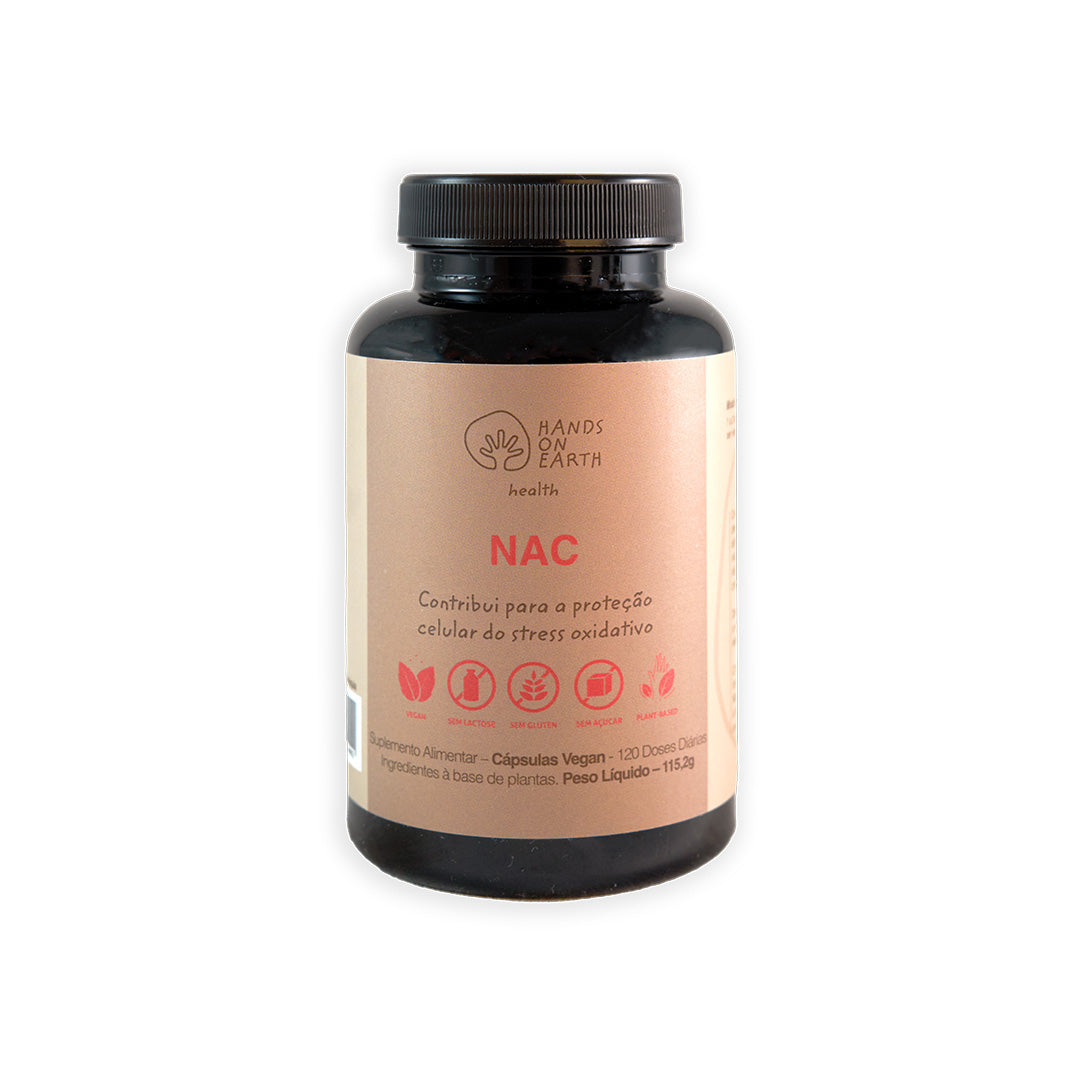
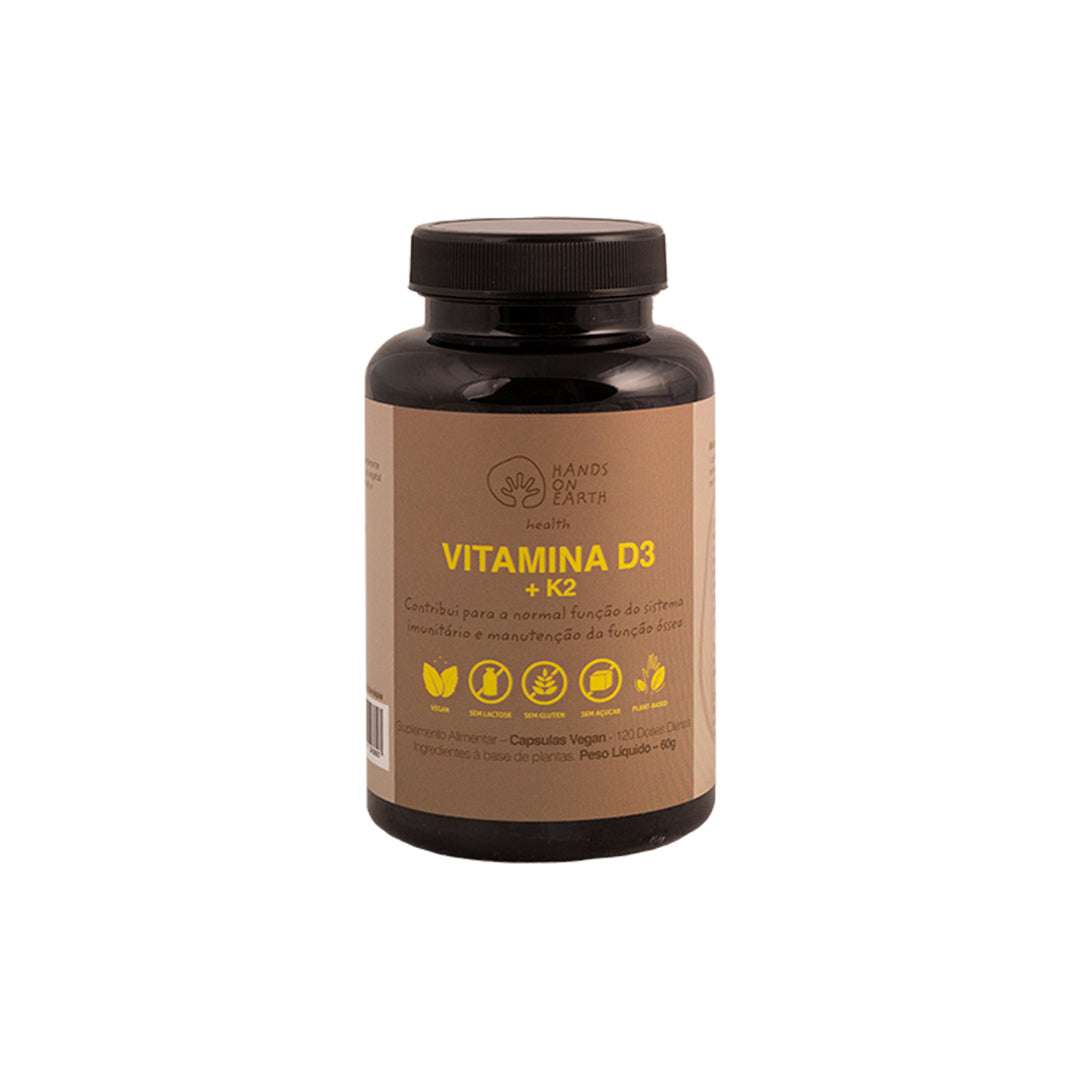
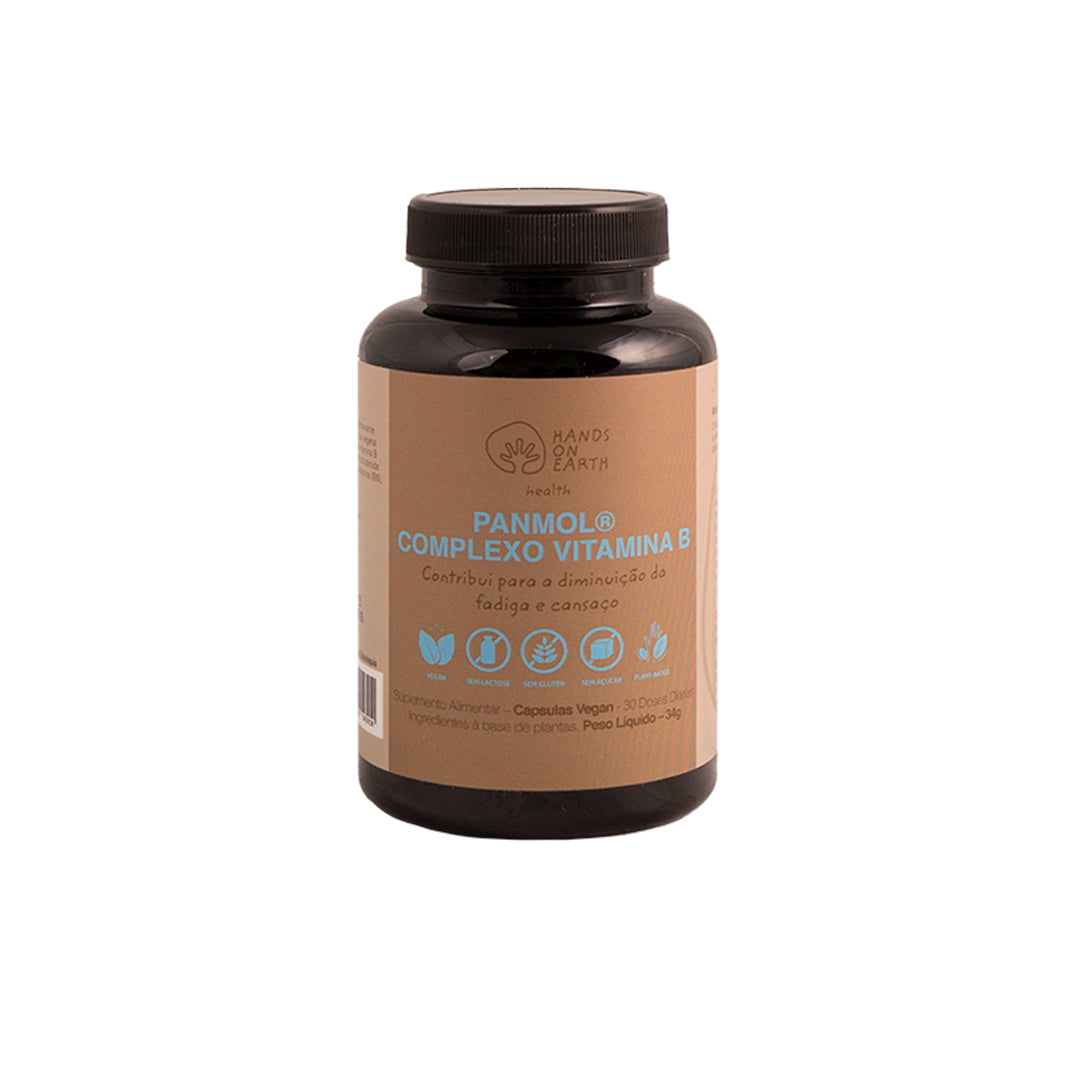
Leave a comment
This site is protected by hCaptcha and the hCaptcha Privacy Policy and Terms of Service apply.